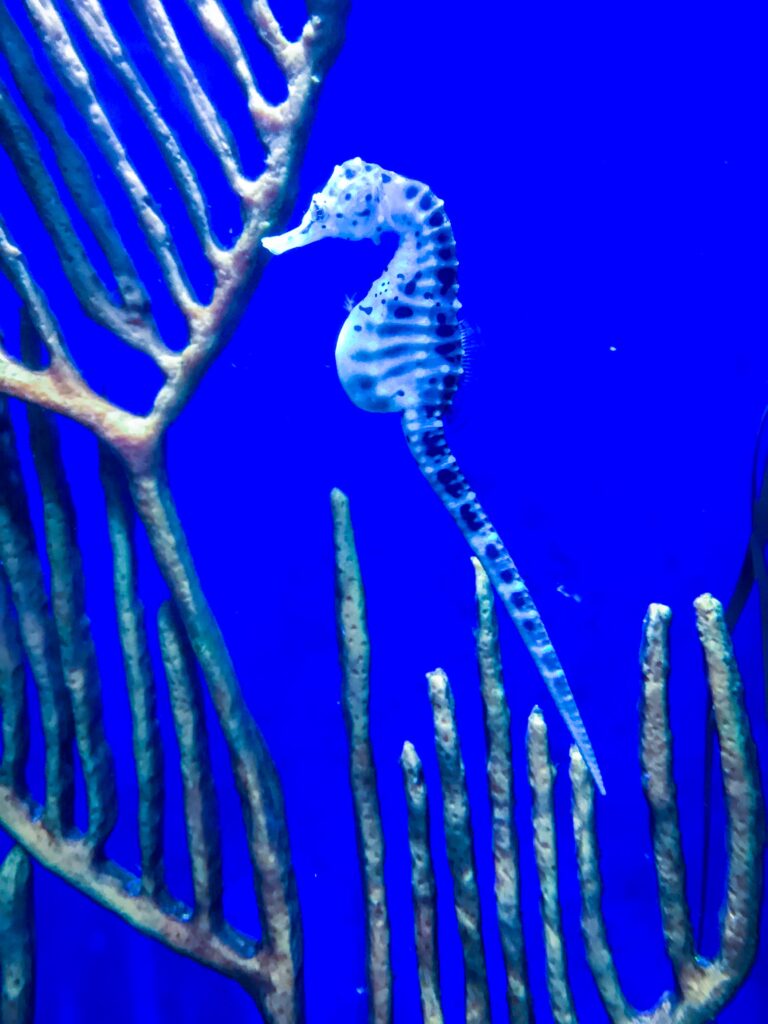Since getting pregnant she craves champagne and oysters and dreams about riding horses. There is no mystery to this rebellion, though she worries at her childish contrarianism. She feels obliged to act as if what she does matters to the baby, so she pays fifteen dollars plus shipping for a bottle of dealcoholized brut, only to realize there is no difference between dealcoholized brut and grape juice. She sips it anyway alongside a plate of wild salmon and steamed green beans that make her queasy, because the whole idea of eating for two is a lie. She isn’t eating for herself. She is eating for someone who doesn’t exist yet—who doesn’t exist but demands folate and iron and magnesium and threatens to do something to her pancreas if she eats Froot Loops too many mornings in a row. Something that will prevent the baby from getting into college or finding a happy marriage or a fulfilling career in STEM. That will be her fault, her and her Froot Loops.
For oysters she has no hope of a replacement. This is her one real pregnancy craving, she thinks, because she usually doesn’t like oysters—or, rather, likes the cool salt slurp of them, the oceanic bite mixing with lemon or horseradish, but feels disgusted by the thought of their amorphous snot bodies and torn-away shells. She read somewhere that oysters are alive when you eat them, though there are men outside Planned Parenthood every weekend saying the
embryo attached to her uterine wall was alive at six weeks, when it was just a pulsing tube of someday organs, and she wonders what we mean by that word, alive. Who draws the lines around an idea like that, who lays the boundary where one thing slips into another?
The dreams, at least, feel like the real thing. She is not seventeen in her dreams—she knows, in some sleepy part of herself, that she is thirty-three and six months pregnant and hasn’t been on a horse in a decade—but she is back in the body she had that summer she was seventeen, when she stayed at the barn twelve hours a day and qualified for Nationals and convinced herself for almost two months she was going to go. That summer when she was taut and stringy and could swing up onto her horse’s back in a single smooth motion, unimpeded by the slack weight of her belly and the way it crowds out her lungs. In the dreams, she feels the long reach of the trot and the suspension of each step, the float, the hanging breathless moment before the footfall. In the dreams, she believes, as she did then, that there is a spiritual dimension to every ride—that when everything aligns just right it is like being one body—the horse’s breath her breath, her legs lengthening into his, her hands and his head the interlocking pieces of a clockwork machine. No space between them and no difference.
But when she wakes the baby is kicking hard against her sides, stretching hands into her ribs, plucks and jabs and pressures that are within her and not her own, and she thinks she was always wrong on those perfect rides: they were never one. Other bodies are always other bodies, though sometimes they have allowed her, out of fear or love or dumb animal senselessness, to use them as if they were her own.
—
Emily Kiernan is the author of a novel, Great Divide (Unsolicited Press). Her work has appeared in American Short Fiction, Pank, The Collagist, Redivider, Quarterly West, and other journals. She is a prose editor at Noemi Press and a fiction editor at the journal Rivet. She lives in Pittsburgh with her man and her dog. More information can be found at emilykiernan.com.
Photography by: Joshua J. Cotten
